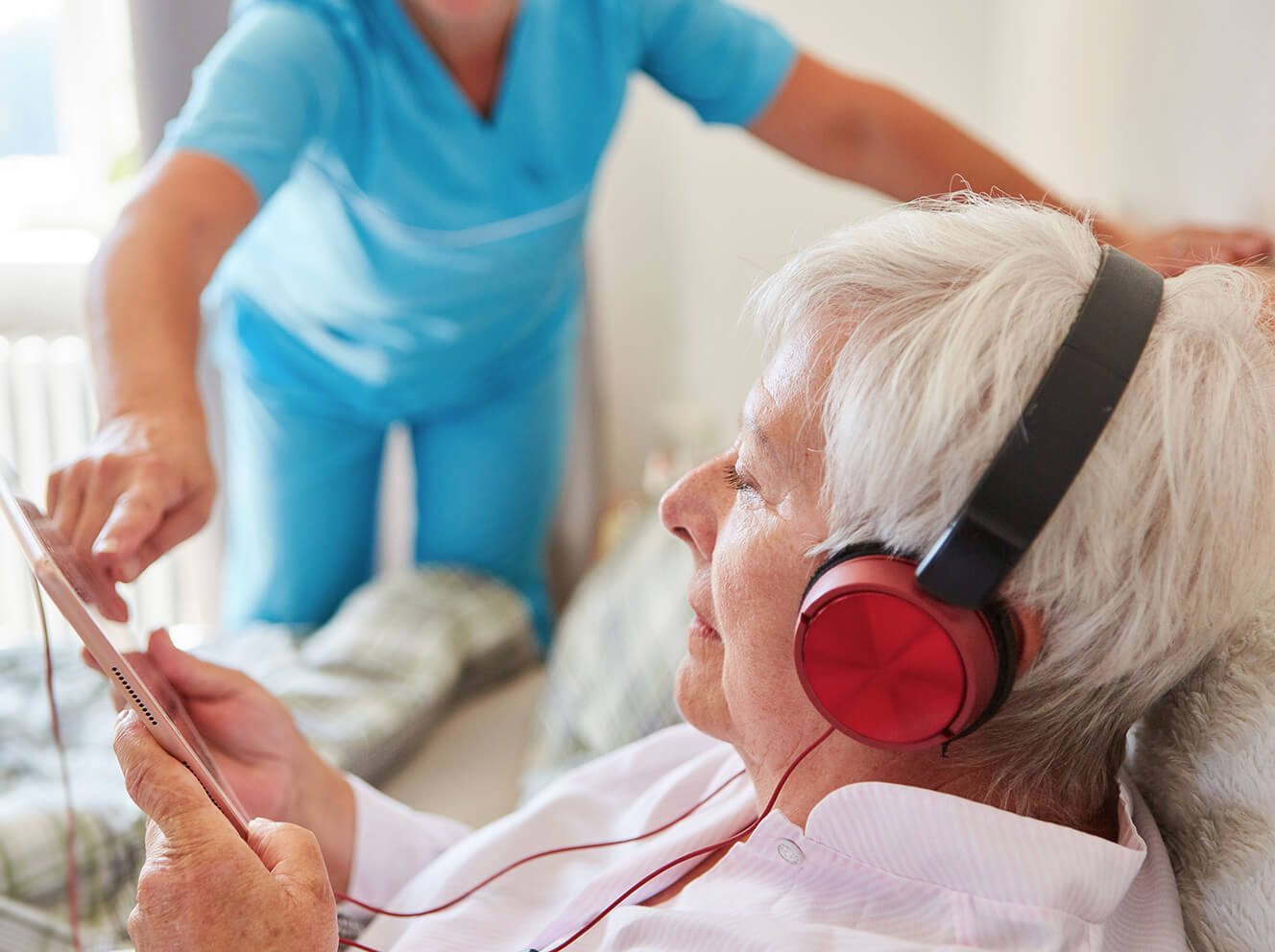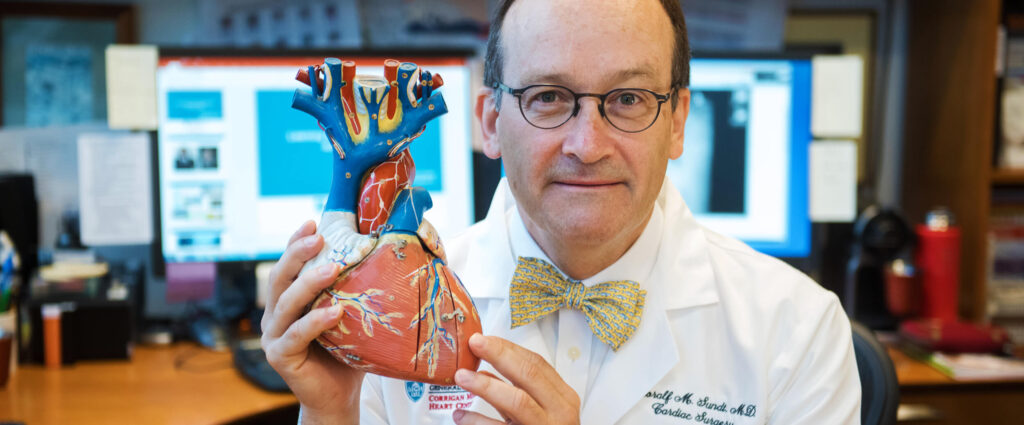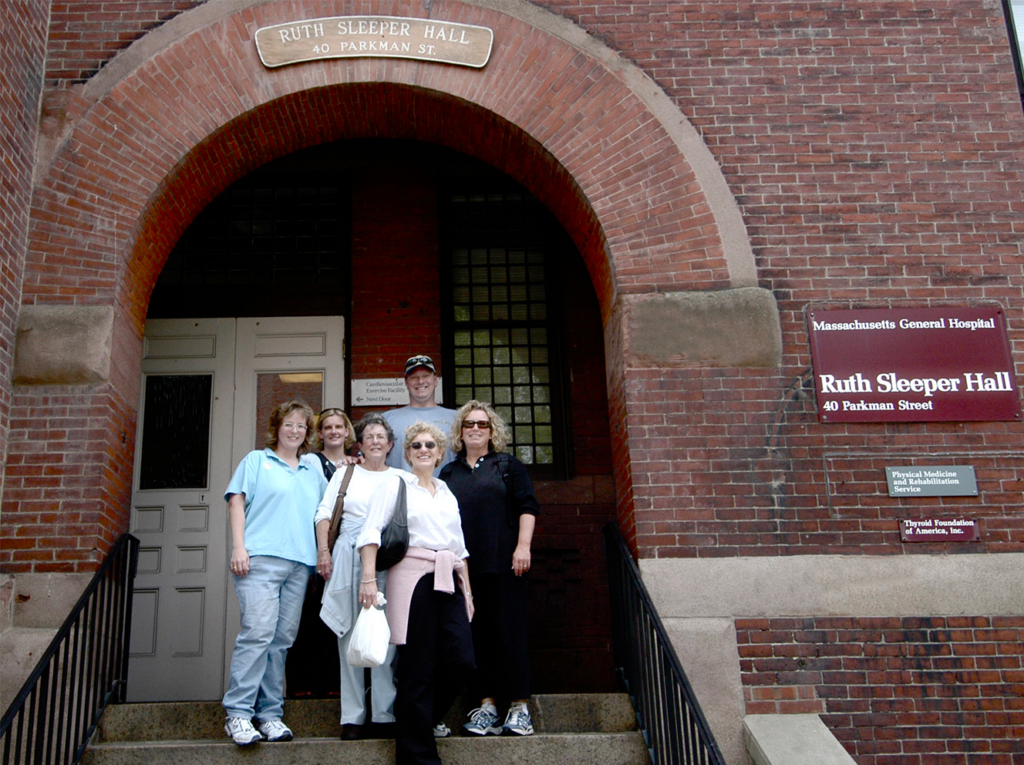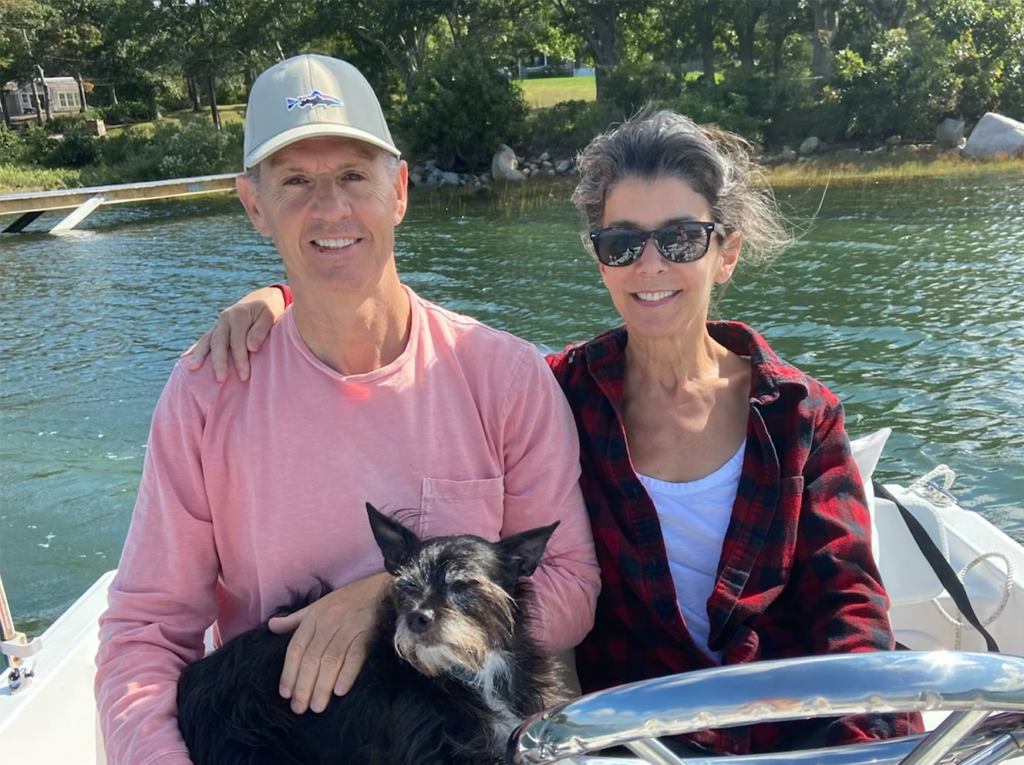“Nurses have a unique window into a patient’s experience of care,” says Diane Carroll, RN, PhD, FAAN, FAHA, Nurse Researcher in the Yvonne L. Munn Center for Nursing Research at Massachusetts General Hospital.
At Mass General, Dr. Carroll has turned that perspective into decades of clinical nursing research, focusing primarily on her area of expertise as a cardiac nurse. In addition to her clinical work to ease recovery and improve outcomes for cardiac patients and their families, Dr. Carroll mentors nurses interested in research aimed at improving the care of patients in the Corrigan Minehan Heart Center as well as other clinical areas at Mass General. She has published more than 100 articles in research journals about these research projects.
Debbie Burke, RN, DNP, MBA, NEA-BC, Senior Vice President for Patient Care and Chief Nurse, says hospital leadership is committed to encouraging clinical research initiated by nurses.
“Nursing research and a culture of inquiry are critical to advancing care for our patients,” says Dr. Burke. “Research helps shape our clinical practice.”
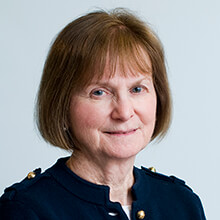
Understanding the Needs of the Patient and Their Family
“Nurses deliver relationship-based care,” says Dr. Carroll. “When nurses are in the hospital room, they are aware of the specific needs of the patient and their family and understand their expectations.”
Dr. Carroll says the clinical research generated by nurses is driven by the patients nurses care for. Over the years, nurses have studied ways they can deliver family-centered care for cardiac patients; defined the trajectory for recovery from cardiac surgery to reflect an individual’s goals; and explored non-pharmacological nursing interventions to reduce stress in cardiac patients.
The Positive Power of Music
Dr. Carroll’s own most recent study is measuring the effects of music on cardiac surgery patients.
“Cardiac surgery inpatients are susceptible to numerous stressful factors, including fear, pain, sleeplessness, communication problems and the inability to relax in such an alien environment,” Dr. Carroll says. “Current practice to alleviate these stressful factors involves the administration of sedatives and pain medications that are thought to increase hospital length of stay. While previous studies of the impact of music on serum cortisol — the stress response hormone — have been mixed, there has not been a consideration of the parallel psychological, physical and neuroendocrine effects of music.”
“Reducing patients’ pain and anxiety helps put them on a strong footing toward a quicker recovery and a return home.”
The study, which aims to enroll 80 patients, measures all those responses in each patient to a 30-minute music intervention, consisting of symphonic and nature sounds. Early results showed positive impact of music on patients in the cardiac surgery critical care unit.
“Reducing patients’ pain and anxiety helps put them on a strong footing toward a quicker recovery and a return home,” says Dr. Carroll.
Gaurdia Banister, PhD, RN, NEA-BC, FAAN, Director of the Yvonne L. Munn Center for Nursing Research and the Connell-Jones Endowed Chair in Nursing and Patient Care Research, says Dr. Carroll is an extraordinary leader in this work and a role model for nurses in all stages of their careers. “Not only is she committed to advancing nursing research to improve patient care, but she has also mentored hundreds of nurses interested in that area,” she says.
The Role of Philanthropy
Many nurse-initiated studies have a positive impact on patients — but often don’t fit within the limited research parameters of foundations or government agencies. The generosity of donors allows studies to move forward, improving the quality of life and patient experience.
“Research ensures that our care is always based in evidence,” says Dr. Burke. “Philanthropy allows our nurses to pursue research that makes such a difference to our patients.”
If you would like to support or learn more about nursing research at Mass General, please contact us.
